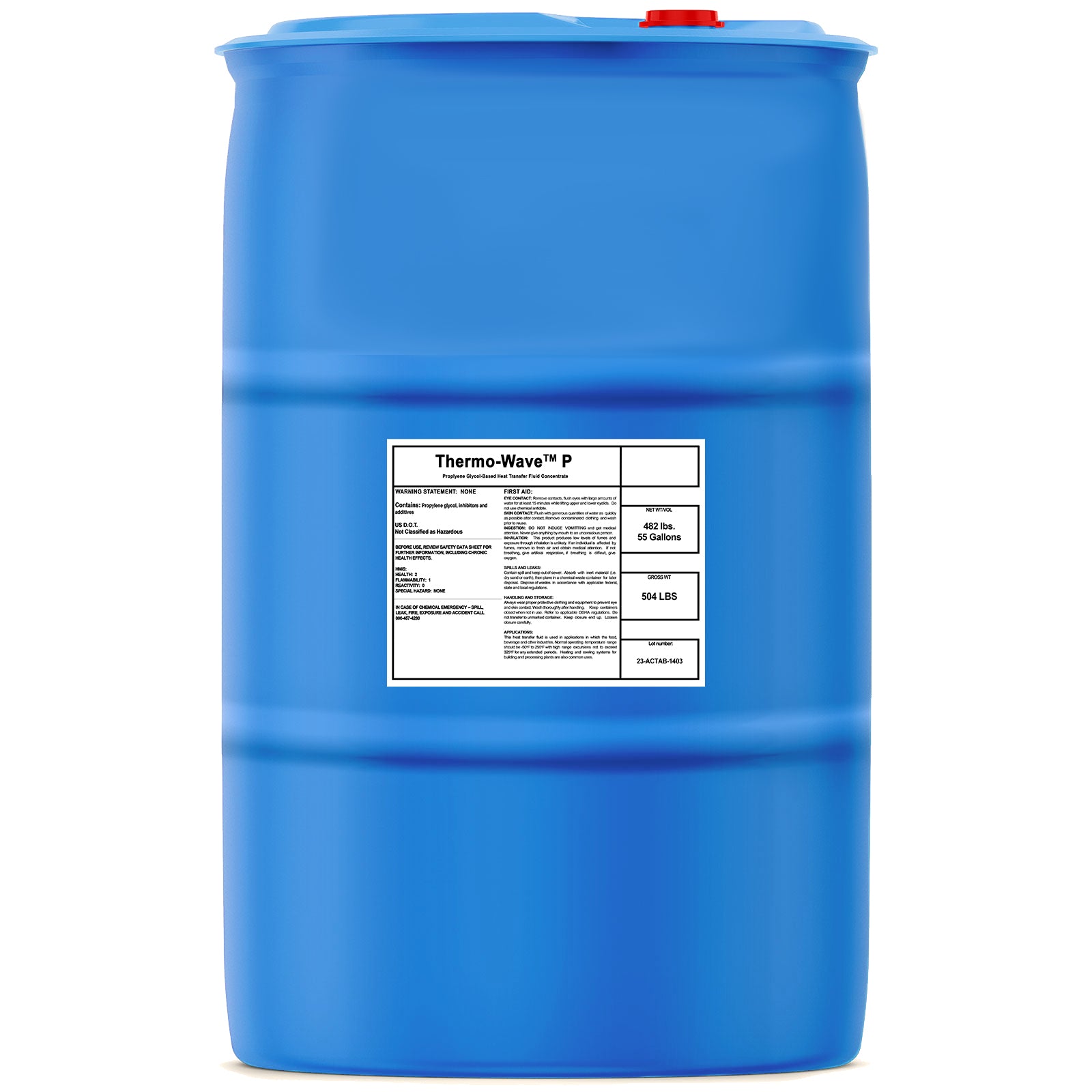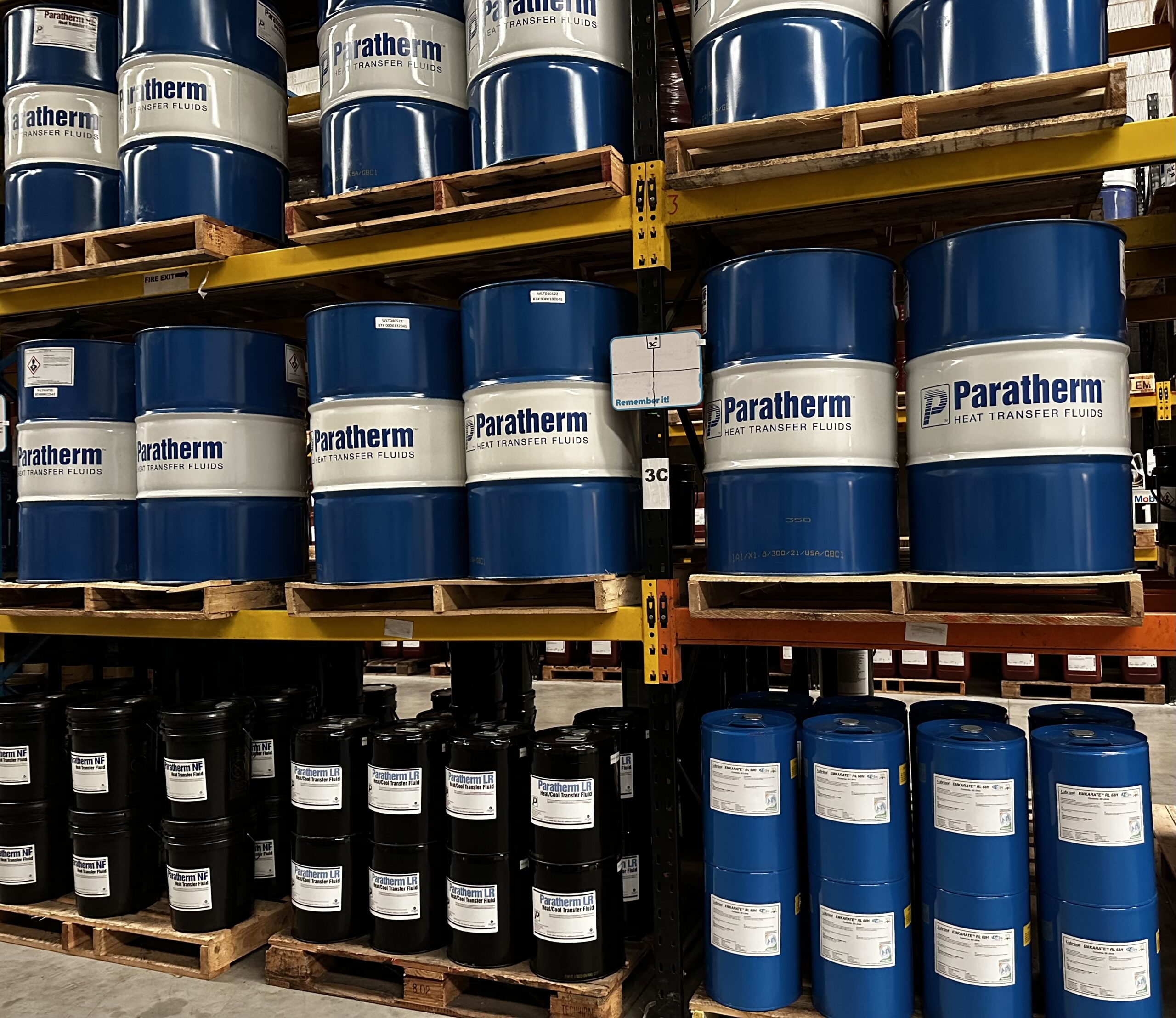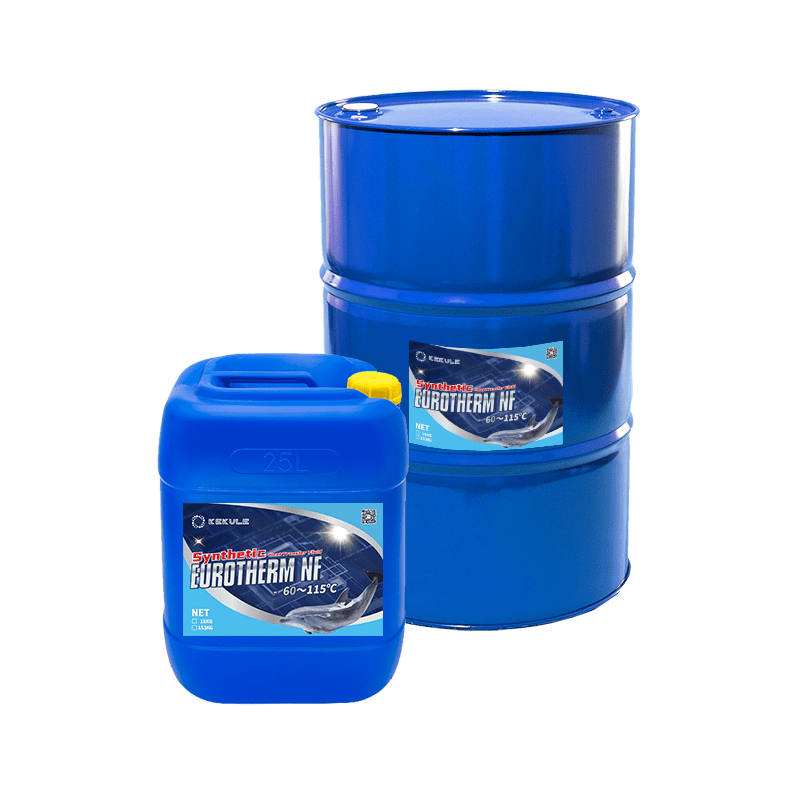Exactly how to Pick the Best Heat Transfer Fluid for Industrial Applications
Exactly how to Pick the Best Heat Transfer Fluid for Industrial Applications
Blog Article
Why Warm Transfer Fluid Is Crucial for Optimizing Energy Transfer in Equipment
The duty of warmth transfer fluids in enhancing energy transfer is critical for accomplishing effective thermal administration throughout various industrial markets. These liquids assist in smooth warm exchange, ensuring procedures run within optimum temperature level varieties and minimizing the threat of getting too hot.

Function in Thermal Administration
Warm transfer fluids play a vital function in thermal monitoring by successfully regulating temperatures in numerous industrial processes and systems. These specialized fluids promote the transfer of heat between various components, guaranteeing optimal operating conditions and stopping getting too hot. By preserving accurate temperature control, heat transfer liquids allow markets such as chemical production, oil and gas, and power generation to run securely and effectively.
The selection of a suitable heat transfer liquid depends upon several variables, including thermal stability, warmth capability, and viscosity. High thermal security makes sure that the fluid can hold up against severe temperatures without degrading, while a high heat ability permits it to soak up and launch considerable amounts of warm - heat transfer fluid. Reduced thickness minimizes the energy needed for pumping, adding to total system performance
Furthermore, warmth transfer liquids are essential in applications like refrigeration, where they aid absorb and dissipate warm during the cooling cycle. In solar thermal power systems, these fluids capture and transportation solar heat to produce power or supply hot water. Their flexibility to diverse operating problems and ability to keep consistent thermal efficiency emphasize their significance in commercial thermal management, facilitating operational connection and enhancing security actions.

Enhancing System Performance
To maximize the benefits of thermal administration, boosting system performance with the critical use of heat transfer fluids is vital. By keeping optimum temperature level degrees, heat transfer fluids aid make certain that systems operate within their designed specifications, consequently protecting against overheating and decreasing the danger of part failure.

Kinds Of Warm Transfer Fluids
The diversity of warm transfer fluids highlights their important function in a variety of industrial applications, each tailored to meet particular thermal management requirements. These fluids facilitate reliable power transfer and are chosen based on essential residential or commercial properties such as thermal stability, viscosity, and warmth ability. The main types include water, glycol solutions, oils, and synthetics, each offering distinctive benefits.
Water is the most typical heat transfer tool due to its high particular warmth ability and low price. Mineral oils are favored for their thermal security and non-corrosive nature, making them appropriate for high-temperature applications.

Synthetic liquids, including silicone and fragrant substances, provide phenomenal thermal security and are utilized in settings requiring severe temperature level varieties. These liquids ensure remarkable performance in systems where standard fluids may stop working. The selection of a warm transfer liquid is essential, as it affects system performance, safety and security, and durability. Each kind needs to be picked to straighten with the operational demands and the particular conditions of the application it serves.
Environmental and Economic Benefits
Making use of the ideal heat transfer fluids provides substantial ecological and financial advantages for commercial operations. Eco pleasant heat transfer liquids, frequently biodegradable and safe, minimize the threat of soil and water contamination in the occasion of leaks or spills, thereby securing communities and abiding with strict ecological More hints policies.
Economically, the appropriate warm transfer liquid can substantially reduce functional prices. Effective warmth transfer decreases power expense, bring about lower energy costs and improved productivity. Furthermore, fluids with extensive lifecycle performance reduce the frequency of substitutes and upkeep, decreasing downtime and associated expenses. Buying high-grade fluids can also you could try this out alleviate the threat of equipment deterioration and failing, avoiding costly repair services and expanding the lifespan of vital facilities. In affordable markets, these financial savings and efficiencies supply a distinct advantage, allowing companies to assign resources better and purchase further technology. Overall, the strategic use optimal heat transfer liquids sustains lasting financial development and ecological stewardship.
Choosing the Right Fluid
Exactly how does one browse the complex procedure of picking the right warm transfer liquid for commercial applications? Thermal stability ensures the liquid can withstand high temperatures without breaking down, while compatibility prevents rust or various other destructive reactions with system components.
Furthermore, the fluid's heat capacity and thickness are extremely important. A high warmth ability enables the fluid to soak up and move more energy, boosting performance.
Final Thought
The strategic option and application of warm transfer liquids web are essential to maximizing energy transfer throughout different systems. By making certain high thermal stability and ability, these fluids give exact temperature level control and improve overall system effectiveness.
Report this page